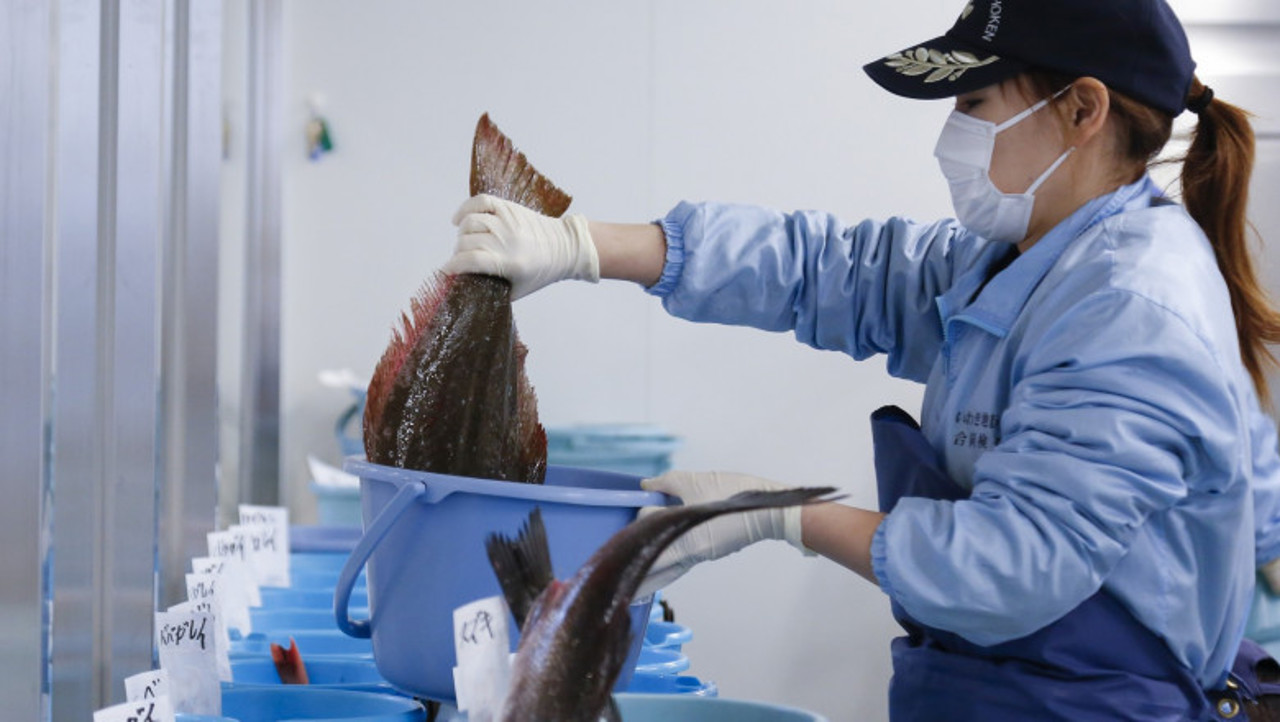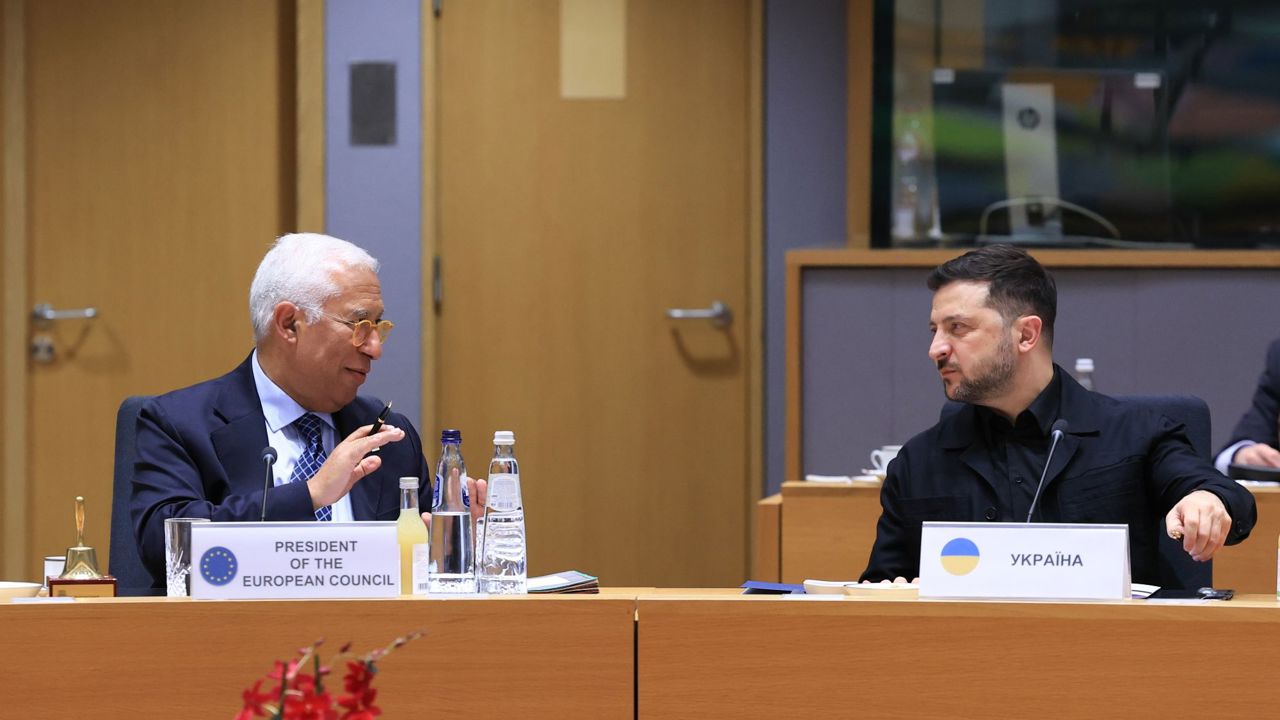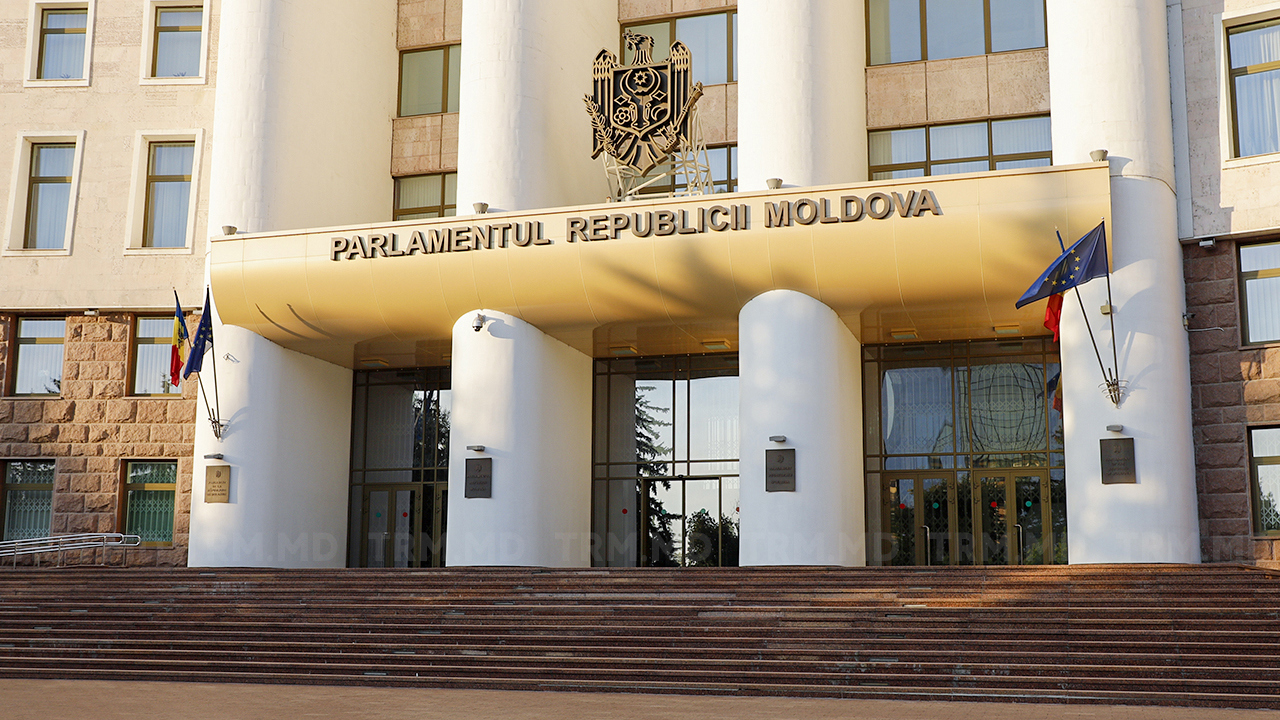Fukushima fish prices drop after radioactive water release
Fish prices in a port south of the Fukushima Daiichi nuclear power plant have fallen significantly, one day after Japan began releasing treated and diluted radioactive water into the Pacific Ocean.

Hideaki Igari, a middleman at the Numanouchi fishing port, said prices for flounder, one of Fukushima's iconic fish, known as Joban-mono, fell by about 10% on Friday.
"Smelt, sea bass, and sea bream were caught in the Joban area off the coast of Fukushima," said a seller. "Before the water was released into the ocean, smelt used to sell for 3,500 yen, or $24 per kilogram, but today it was about 500 yen less, or almost $4. I think the cause is the release of the treated water from Fukushima, and this will be felt in the future."
Fishermen in Japan are concerned that the release will further damage the reputation of seafood, at a time when they are still recovering from the damage caused by the 2011 earthquake, tsunami, and nuclear disaster.
The owner of a fish shop and restaurant said that on Thursday, customers were scarce after 1:00 p.m., when the release of the treated water began. But on Friday, the activity at the restaurant, located near a major train station, returned to normal.
"The issue of the water being released into the ocean was widely reported in the media," he said. "Everything went well until around 1:00 p.m., but after that we had fewer customers. But today, business has returned to normal and we hope that this will continue."
Officials at a laboratory in Fukushima have urged people to bring samples of food to be tested, as radiation data is now a key factor in deciding what to eat.
"We can't see radiation, smell it, or feel it, and the only way to confirm it is through measurements," said a laboratory official. "We have been monitoring water samples from the sea since 2015, and our data from the past eight years is very useful."
Japan began releasing water from the Fukushima Daiichi nuclear power plant on Thursday. The water, which was used to cool the reactors after the 2011 disaster, has been treated to remove radioactive substances. The release will take decades and is considered safe by the International Atomic Energy Agency, but has been criticized by environmental groups, fishermen, and ordinary people.




